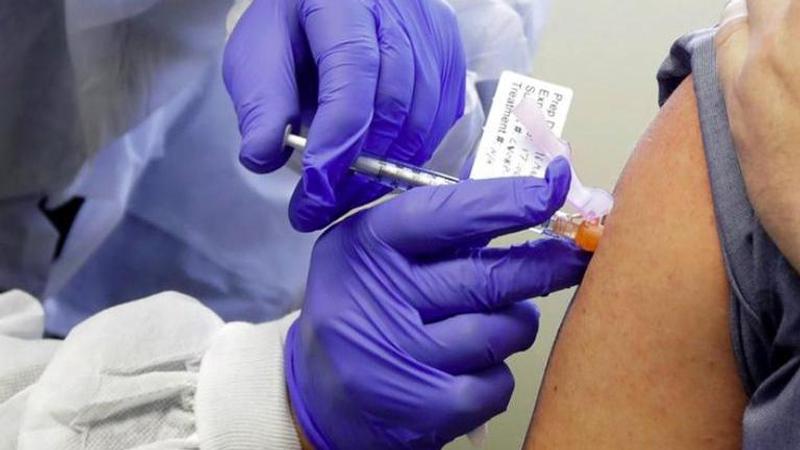Published 18:11 IST, October 16th 2020
COVID-19: China's 'BBIBP-CorV' vaccine shows antibody response in elderly volunteers
COVID-19 volunteers aged between 18–80 years were first tested negative for serum-specific antibodies against SARS-CoV-2 at the time of screening.

In its preliminary results, China’s inactivated COVID-19 experimental vaccine candidate has turned back safe results after it elicited an antibody response. In a research published in the journal Lancet Infectious Disease, the experimental vaccine with 640 volunteers produced an immune response in the early phase of double-blind, placebo-controlled, preclinical phase 1/2 trial at Shangqiu City Liangyuan District Center for Disease Control and Prevention in Henan Province, China.
The volunteers aged between 18–80 years were first tested negative for serum-specific antibodies against SARS-CoV-2 at the time of screening. They were then administered a vaccine or placebo in a two-dose schedule. As per the scientists, participants aged 60 and over were slower to respond as they took approximately 42 days to make antibodies, later detected in the blood tests. However, people aged 18 to 59 took almost 28 days to build an immune response. Professor Xiaoming Yang, the lead author of the research from the Beijing Institute of Biological Products Company Limited, said, “Protecting older people is a key aim of a successful COVID-19 vaccine as this age group is at greater risk of severe illness from the disease.”
BBIBP-CorV induces antibody response
“However, vaccines are sometimes less effective in this group because the immune system weakens with age,” the researcher Yang said. It is encouraging to see that China’s BBIBP-CorV induces antibody responses in people aged 60 and older, and we believe this justifies further investigation. He further added that it is therefore encouraging to see that BBIBP-CorV induces antibody responses in elderly individuals.
In the first phase of the study, the firm administered an optimal safe dose of BBIBP-CorV in192 participants aged between 18 and 80, while in the second phase 448 participants aged between 18 and 59 were randomly assigned one eight-microgram shot of vaccine. As per the researchers, no serious adverse events were reported within 28 days, and no side-effects were reported. Only a small number of participants reported a mild fever, and no major implication on the organ functions of the volunteers was reported.
Updated 18:10 IST, October 16th 2020




